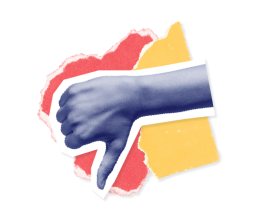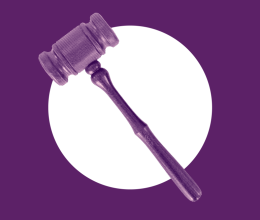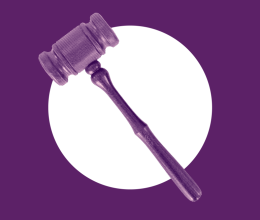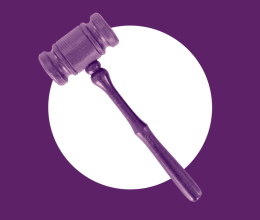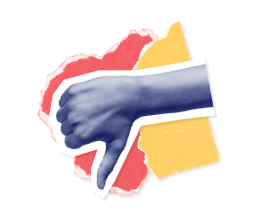
Download this brochure here.
THREE PRINCIPLES TO REMEMBER
1. Conduct, Not Content
Your right to express your opinion is protected no matter what beliefs you hold. What matters is how you use that right. If you organize a protest that causes serious disruption, the government may be able to intervene. But with a few notable exceptions, nobody can restrict your rights simply because they don’t like what you say.
2. Free Speech Is For Everyone
Young or old; anarchist or evangelical; pacifist or hawk; Mormon or Muslim; these rights apply to you. It doesn’t matter whether you’re a U.S. citizen, whether you’re of voting age, or whether you speak English. Free speech rights are for everybody. Don’t let anyone tell you otherwise.
3. When, Where, and How
Consider when, where and how you use your free speech rights. If you organize a rally that causes violence or unnecessary disruption, your event may be disbanded. Every municipality has regulations and it’s your responsibility to understand them. You must observe reasonable regulations on time, place, and manner when you exercise your rights to demonstrate and protest. Although the right to peacefully protest is constitutionally protected, the definition of peaceful protest” may differ from person to person.
Here are some valuable tips on what to do if you are confronted by a police officer or another public official during a protest.
